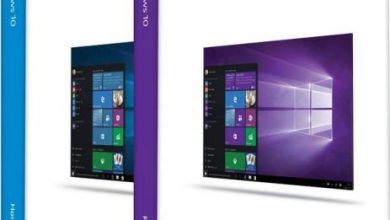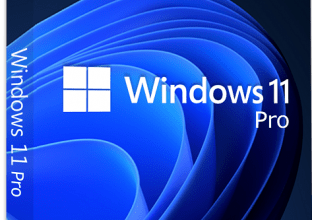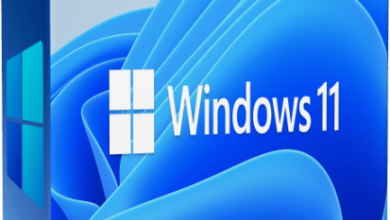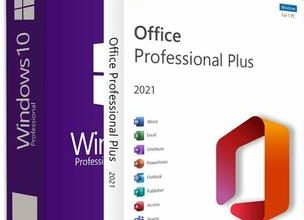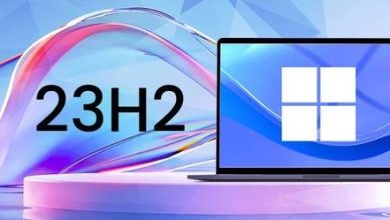Windows Server vNext LTSC Build 22463.1000 (x64) Insider Preview
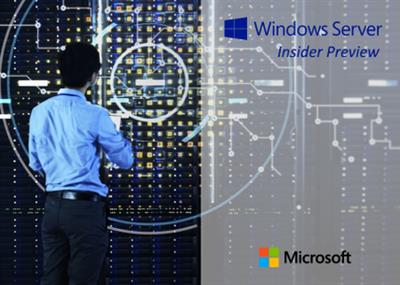

Windows Server vNext LTSC Build 22463.1000 Insider Preview | 4.6 Gb
Product:Windows Server
Version:vNext LTSC Build 22463.1000 Insider Preview *
Supported Architectures:x64
Website Home Page :
www.microsoft.comLanguages Supported:english
System Requirements:PC *
Size:4.6 Gb
Microsoft has released a new Windows Server Long-Term Servicing Channel (LTSC) preview build 22463 for Windows Insiders in the Dev channel, that contains both the Desktop Experience and Server Core installation options for Datacenter and Standard editions.
Branding has not yet been updated and remains as Windows Server 2022 in this preview – when reporting issues please refer to “VNext” rather than Windows Server 2022 which is currently in market.
What’s New
Storage Replica Performance Upgrade
Storage Replica has been around since Windows Server 2016 and will now be given an option of a performance upgrade. The current configuration of log drives being formatted with a file system will remain and continue to work; however, to get the upgrade in performance a change must be made. For better performance, log drives will still be a GUID Partition Table (GPT) disk partition but there will be no file system on it. In other words, it will be a RAW drive type.
There will be no change in the way the replica groups and partnerships are created. The only change will be a new parameter. This new parameter will be in New-SRGroup and called“-LogType”.With the new parameter comes the different switch values that it can accept:
FileBased: will be the default value and is the current method
Raw :The new upgraded performance update
All other commands and steps will remain the same. These changes are not in Windows Admin Center at this time and will be added at a later date. There is not a way of changing or “upgrading” on the fly between the current FileBased and the new Raw logs. If there is an existing partnership, it must be removed both from partnership and group to be recreated. Data drives (source an destination) can remain the same, but ensure that both are replicated and up to date with each other so that there is minimal to do once the new group and partnership are established.
At this time, the only replication scenario at this time for the new Raw log type will be supported is Server-to-Server replication. Cluster-to-Cluster and Stretch Cluster will be coming in later builds. We will need as much testing as possible to ensure that Storage Replica is just as stable and reliable in the new version.
SMB Compression behavior change
We first introduced SMB compression in Windows Server 2022 & Windows 11. SMB compression allows an administrator, user or application to request compression of files as they transfer over the network. This removes the need to first manually deflate a file with an application, copy it, then inflate on the destination computer. Compressed files will consume less network bandwidth and take less time to transfer, at the cost of slightly increased CPU usage during transfers.
Based on testing and analysis, we have changed the default behavior of compression. Previously, the SMB compression decision algorithm would attempt to compress the first 524,288,000 bytes (500MiB) of a file during transfer and track that at least 104,857,600 bytes (100MiB) compressed within that 500-MB range. If fewer than 100 MiB were compressible, SMB compression stopped trying to compress the rest of the file. If at least 100 MiB compressed, SMB compression attempted to compress the rest of the file. This meant that very large files with compressible data – for instance, a multi-gigabyte virtual machine disk – were likely to compress but a relatively small file – even a very compressible one – would not compress.
Starting with this build, we will no longer use this decision algorithm by default. Instead, if compression is requested, we will always attempt to compress. If you wish to modify this new behavior to return to a decision algorithm, review Understanding and controlling compression behaviors.
Windows Server vNextis the successor to Windows Server 2019. It is a Long-Term Servicing Channel (LTSC) release that contains both the Desktop Experience and Server Core installation options for Datacenter and Standard editions.
Server vNext is now officially Windows Server 2022.
Windows Server vNext / 2022 – Hyper-V
In diesem Video spricht Manfred Helber darüber was uns in der nächsten Version des Windows Servers im Bereich Hyper-V und Hyper-V Cluster erwartet. Außerdem spricht Manfred Helber über die Kompatibilität zu vorherigen Versionen in Bezug auf Export/Import und Hyper-V Replica.
Microsoft Corporation, leading developer of personal-computer software systems and applications. The company also publishes books and multimedia titles, offers e-mail services, and sells electronic game systems, computer peripherals (input/output devices), and portable media players. It has sales offices throughout the world.
Product:Windows Server
Version:vNext LTSC Build 22463.1000 Insider Preview *
Supported Architectures:x64
Website Home Page :
www.microsoft.comLanguages Supported:english
System Requirements:PC *
Size:4.6 Gb
– Windows Server 2022 Standard
– Windows Server 2022 Standard (Desktop Experience)
– Windows Server 2022 Datacenter
– Windows Server 2022 Datacenter (Desktop Experience)
The following are estimated system requirements Windows Server vNext. If your computer has less than the “minimum” requirements, you will not be able to install this product correctly. Actual requirements will vary based on your system configuration and the applications and features you install.
Unless otherwise specified, these minimum system requirements apply to all installation options (Server Core, Server with Desktop Experience, and Nano Server) and both Standard and Datacenter editions.
Minimum:
– 1.4 GHz 64-bit processor
– Compatible with x64 instruction set
– Supports NX and DEP
– Supports CMPXCHG16b, LAHF/SAHF, and PrefetchW
– Supports Second Level Address Translation (EPT or NPT)
– 512 MB (2 GB for Server with Desktop Experience installation option)
– ECC (Error Correcting Code) type or similar technology
– An Ethernet adapter capable of at least gigabit throughput
– Compliant with the PCI Express architecture specification.
– Supports Pre-boot Execution Environment (PXE).

https://uploadgig.com/file/download/01e7cc0B09ad0c85/qn07w.Windows.Server.vNext.LTSC.Build.22463.1000.Insider.Preview.rar

https://rapidgator.net/file/28730e7f49d92a038afe62d33e6fd2f1/qn07w.Windows.Server.vNext.LTSC.Build.22463.1000.Insider.Preview.rar.html
